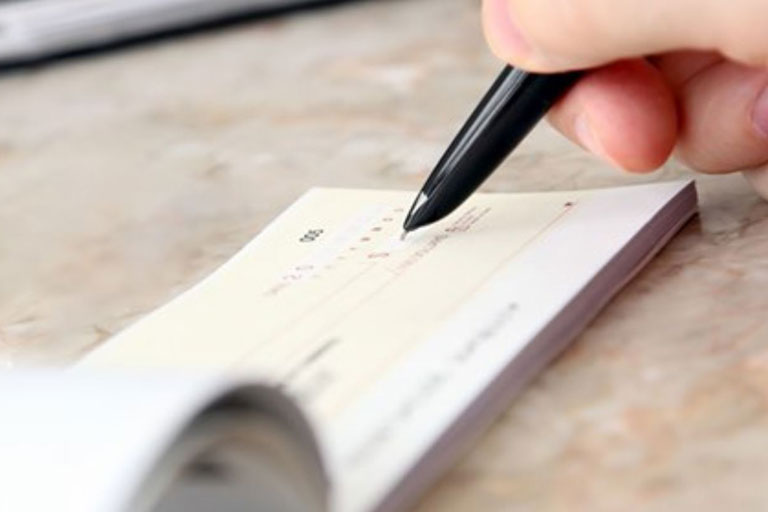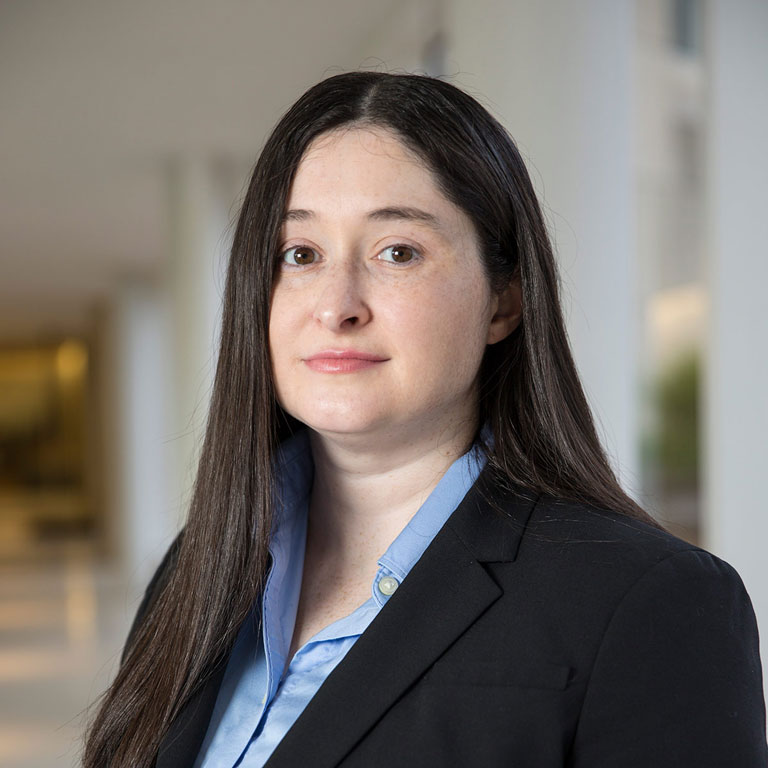May 29, 2020
A new IUPUI study finds that people’s fear during the COVID-19 pandemic is actually driving their willingness to donate to charitable organizations during this time.
In March, Kelley School of Business’s Helen Colby and Angela Smith launched a series of online studies to determine how the current pandemic was impacting people’s willingness to donate to charities – capturing a glimpse into financial decision making at a time when the challenge is so widespread that everyone is impacted.
“As we started hearing about people hoarding things like toilet paper, we were really interested in seeing whether that translated to broader social behaviors,” said Smith, a former Tobias Fellow in the Tobias Leadership Center and director of institutional effectiveness at IU Kokomo. “Particularly with fear, we wanted to understand if being more fearful supports or undermines social behaviors, specifically in giving to charity.”
What they discovered about Americans and their willingness to give during this challenging time surprised them.
“We would expect people to be less inclined to help others when they are so scared, and most theories suggest when you are fearful, you become more selfish and more likely to hoard,” said Colby, an assistant professor of marketing in the Kelley School of Business. “But what we found is that people are more likely to help when they’re afraid, which is really heartening to see.”
Nearly 2000 Americans have completed the online surveys, and their preliminary results reveal that increasing fear is actually increasing prosocial behaviors – when people do something that benefits others at some cost to themselves, or doing it for the greater good.
“It turns out that in the face of an ongoing threat like coronavirus, fear actually increases prosocial behaviors,” said Smith. “The more afraid they are, the more likely they are to donate financially to charitable organizations without expecting anything in return.”
In one study, participants were randomly assigned to read a short paragraph designed to make them more, or less, fearful about the current pandemic. Participants who were more fearful indicated willingness to give at a rate 44% higher than their less-fearful counterparts.
Colby and Smith say their research can be utilized by charities seeking donations in a future time of crisis. They hope organizations will be encouraged by knowing donations may not fall despite economic hardship, and that their findings can be used to direct messaging.
“It’s okay for them to acknowledge that yes, things are bad, and they won’t necessarily have to put a positive spin on their asks,” said Colby. “They may see people actually come together more and donate in that situation.”
Colby and Smith will continue to study fear to determine whether it increases all prosocial behaviors and if these findings apply to every kind of fear. They hope to determine what is driving this way of thinking. For example, is donating money during this time driven by a desire to feel more connected to the community? Their research will be vital to charitable organizations.
“The pandemic may go on for quite a while, and every industry is having to look at what they have to do differently,” Colby said. “Charities in particular are under threat right now in the very short-term, but if we can determine an idea, and they try it and it works, then that can really help their situation improve.”




